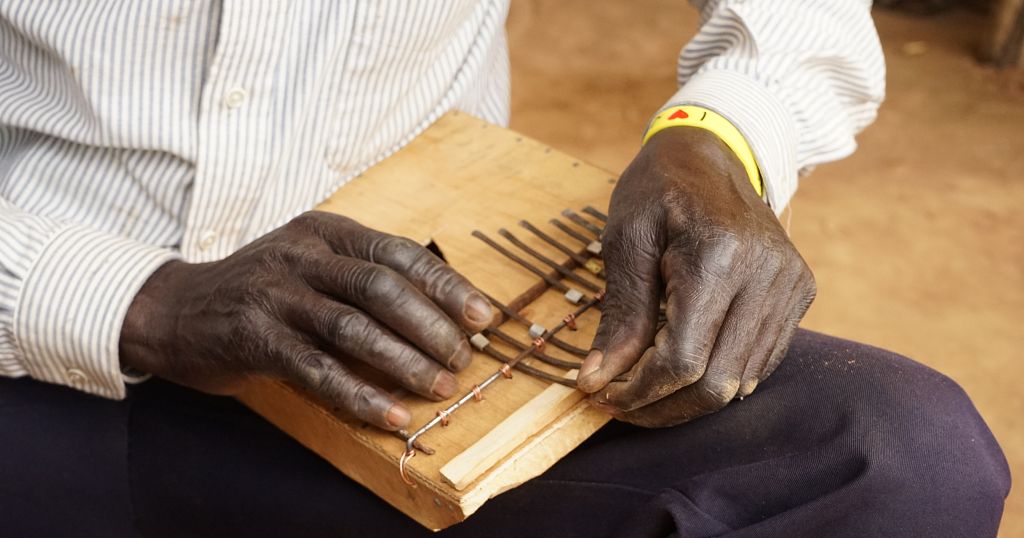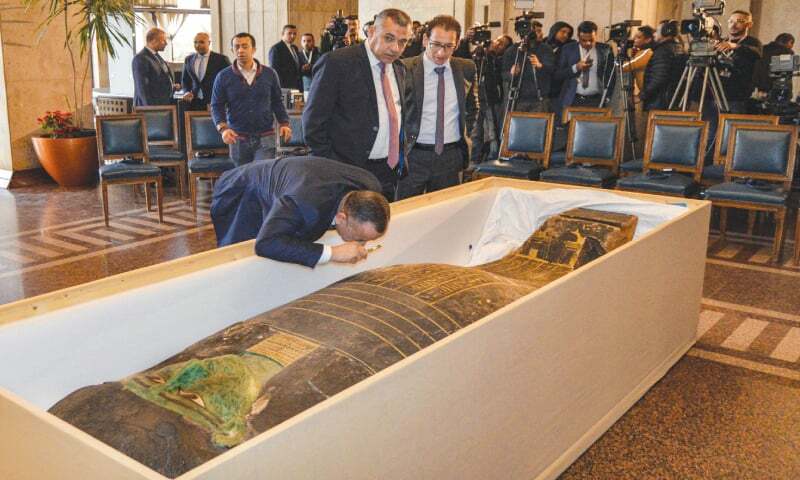The akogo is a traditional musical instrument that is popular in Uganda and has been a part of the culture of the Iteso people for centuries. It is typically played at sacred ceremonies, such as weddings, funerals, and the birth of twins. The instrument is a type of thumb piano and is made by hand, using various materials and techniques. Okopa Kokas is a 77-year-old subsistence farmer and akogo maker who has been creating these instruments since he was 15.
Despite its cultural significance, the akogo is in danger of fading into obscurity, as it is often only played at traditional events and is not as popular with younger generations. In fact, many children in urban areas may not even be familiar with the instrument, as it is not commonly taught or played. This is a concern for Kokas and others who want to preserve the Teso culture and ensure that the unique sound of the akogo is not lost.
In recent years, the advent of computerized music production has led to a decline in the popularity of traditional instruments like the akogo. It can be difficult to interest younger people in the sounds of these instruments, as they are often overshadowed by more modern, electronic genres. Despite this, Kokas remains committed to keeping the Teso culture alive by teaching the next generation about the akogo and the importance of preserving their musical heritage.
Making the akogo was once a tedious process, as it required carving the instrument out of a tree trunk by hand. However, with the availability of materials and new techniques, it is now possible to create an akogo in just a few hours. Kokas is selling his instruments for $5, but for him, it is not about the money. It is about preserving a cultural tradition and ensuring that the unique sound of the akogo is not lost to future generations.
In addition to teaching young people about the akogo, Kokas is also working to raise awareness about the instrument and the Teso culture more broadly. He is encouraging people to visit museums, such as the Soroti Museum, where they can see preserved akogos and learn more about the history and significance of the instrument. By sharing his knowledge and skills, Kokas hopes to keep the Teso culture alive and ensure that the akogo is not forgotten.



